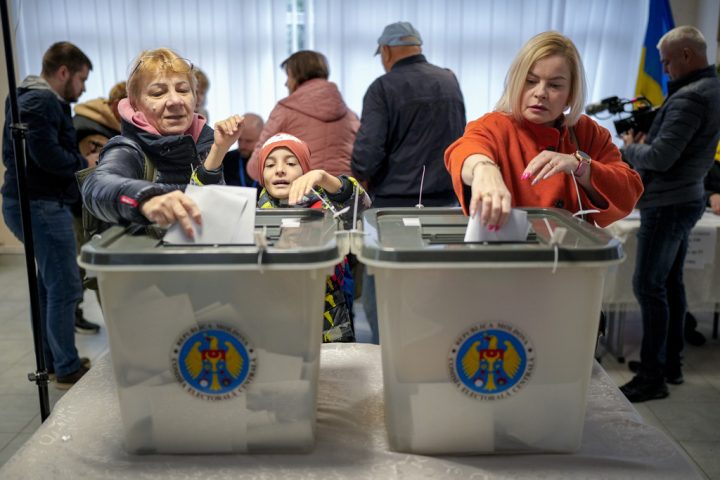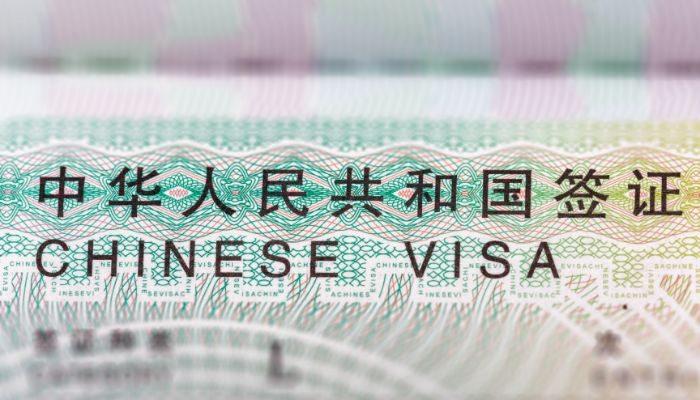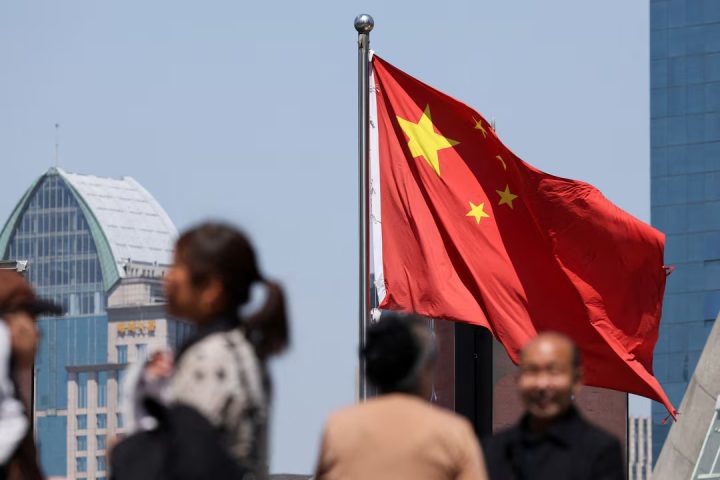Maia Sandu’s ruling party won parliamentary elections with 50.1%, securing a mandate for an EU course despite Russian attempts to influence the results.
Pro-European Sandu’s victory paves Moldova’s path to the EU
The ruling Party of Action and Solidarity (PAS) led by President Maia Sandu won 50.1% of the vote in Moldova’s parliamentary elections, ahead of the pro-Russian Patriotic Bloc, which won only 24.2%. This gives the government a direct mandate to continue integration with the European Union and advance the accession plan by 2030.
For Brussels and EU partners, it is a signal of stability: on the eve of the elections, there were fears that a tough political struggle would lead to a new wave of instability and allow Moscow to interfere in Chisinau’s course.
Shadow of Russian interference
The election campaign was marred by reports of widespread disinformation, cyberattacks on state websites and fake polling stations. National security adviser Stanislav Secreu said the election infrastructure was under constant pressure.
Moscow has traditionally denied interference, but Sandu’s government says Russia sought to disrupt the vote by bribing voters and spreading fake news.
Former President Igor Dodon, co-leader of the Patriotic Bloc, called for protests outside parliament, accusing the authorities of allegedly planning to annul the results. He offered no evidence, but the government is bracing for possible unrest.
A European course despite difficulties
Moldova, with a population of 2.4 million, has been teetering between Russia and Europe for decades. The war in Ukraine, energy crises and high inflation (around 7%) have exacerbated domestic discontent. However, the voting result shows that the majority of voters support a pro-European strategy and a move away from Moscow’s influence.
Related: Moldova Elections Validated, but Dodon Prepares Protests

















